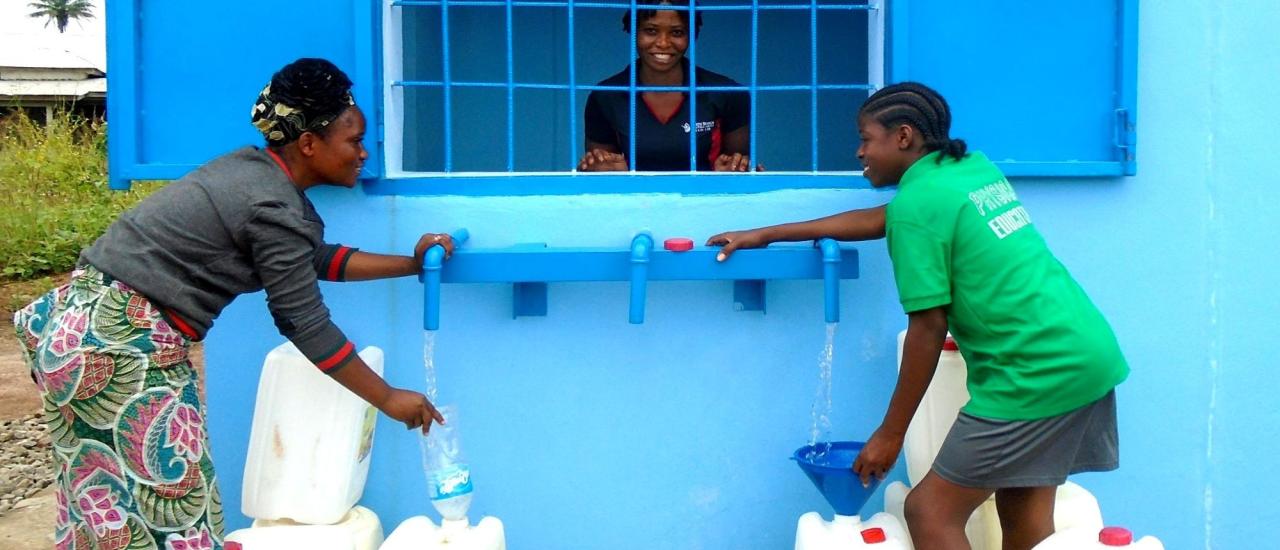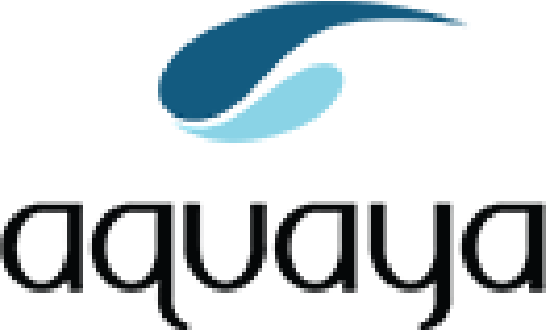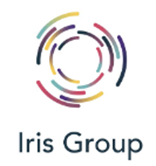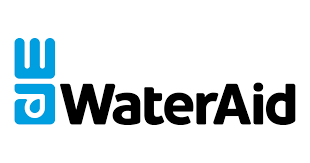Urban Resilience By Building Partnerships And Applying New Evidence In WASH (URBAN WASH)
Delivering high-quality evidence to improve access to inclusive urban and peri-urban water and sanitation services.
Overview
- Policies, regulations, and institutional arrangements instrumental for inclusive improvements in drinking water quality and city-wide sanitation
- Cost recovery mechanisms for water quality monitoring
- Approaches for financially sustainable city-wide inclusive water and sanitation services
- Best approaches to incorporating SIPs into city-wide inclusive WASH services
- Policy and regulatory framework to improve SIP
- Legal and regulatory frameworks, DSTs and funding models that support sustainable and equitable domestic drinking water protection measures for small, medium and large cities

Resources
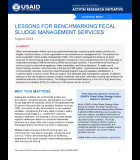
|
Lessons for Benchmarking Fecal Sludge Management Services Brief Water and wastewater utilities have long used benchmarking—comparing performance indicators to targets, historical values, or other organizations—as a performance management tool. The practice has since expanded to fecal sludge management (FSM).… |
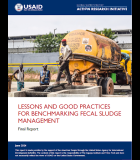
|
Lessons and Good Practices for Benchmarking Fecal Sludge Management Technical Report Benchmarking–assessing performance indicators that can be compared to targets, historical values, and other entities–has been widely adopted by large water and wastewater utilities as an approach to fostering performance improvements. In recent… |
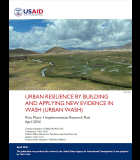
|
Improving Source Water Protection: Peru Implementation Research Plan Technical Report Source water protection helps build urban water supply resilience. While not a widespread practice in most lower- and middle-income countries, Latin America is home to a growing number of self-driven and locally financed source water protection… |
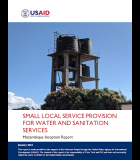
|
Small Local Service Provision for Water and Sanitation Services: Mozambique Inception Report Technical Report Most cities in low- and middle-income countries are unable to keep up with rapid urbanization and provide citywide coverage of piped water and sanitation services. Typically, small, local providers, who are often not recognized or regulated… |
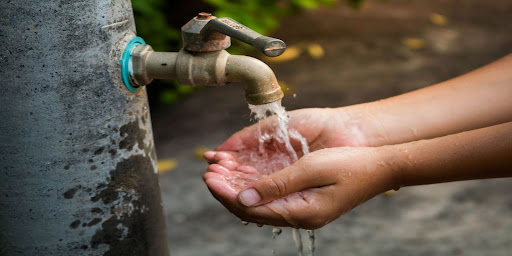
Partners
URBAN WASH is led by a team of experienced researchers and urban WASH experts and supported by an external Advisory Board composed of WASH and urban resilience innovators and thought leaders. The project is implemented by Tetra Tech in collaboration with a consortium of partners including, Aquaya Institute, FSG, Iris Group, Segura Consulting, Stockholm Environment Institute-US, and WaterAid.

TETRA TECH brings more than 35 years of successful WASH sector programming and thought leadership. Tetra Tech provides technical assistance in the areas of urban water supply, sustainability assessments, and across a wide range of other technical and analytical service areas.
AQUAYA INSTITUTE offers experienced scientists and field-based WASH researchers who bring a rigorous approach to implementation research. Aquaya provides technical assistance in the areas of water quality, point of use water treatment, market-based approaches, sanitation economic studies, and evaluation.
FSG offers a formal business analytics perspective to understanding successes and challenges of market-based sanitation interventions. FSG provides technical assistance in the areas of market-based WASH services, market assessments, and inclusive market development.
IRIS GROUP brings extensive experience in mixed methods research on women and WASH and gender-equitable approaches to rural and urban sanitation programming. The Iris Group provides technical assistance to Urban WASH in the areas of gender mainstreaming, social inclusion, and women’s empowerment, and will contribute to design, analysis, and recommendations across all project components.
SEGURA CONSULTING is an international consulting firm, specializing in advisory services to public and private sector clients in emerging markets with an established track record supporting USAID WASH sector programming. Segura provides technical assistance in the areas of utility reform, private sector engagement, and WASH financing.
STOCKHOLM ENVIRONMENT INSTITUTE-US (SEI) is an international not-for-profit research organization that has been engaged in environment and development issues at local, national, regional and global policy levels for 25 years. For Urban WASH, SEI provides technical assistance in the areas of WRM and source water protection.
Contact Us
Ryan Mahoney, [email protected]
Jesse Shapiro, [email protected]
Liz Jordan, Chief of Party, [email protected]
Miriam Otoo, Deputy Chief of Party, [email protected]


